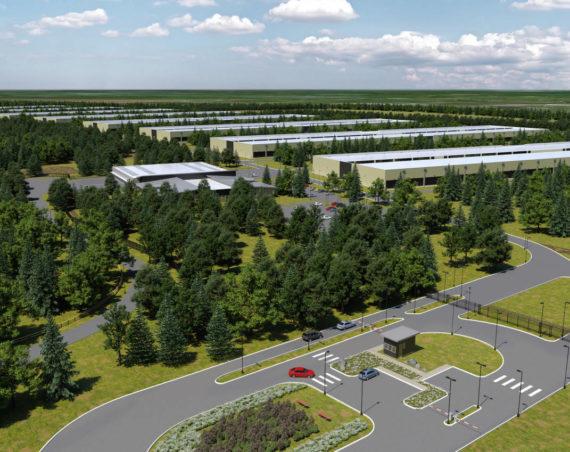
Microsoft has beat its biggest cloud rival Amazon by launching data centers in South Africa first. Amazon Web Services expects to bring its first data centers in the country online next year.
The Microsoft data centers in Cape Town and Johannesburg, whose launch the company announced Wednesday, now support Azure cloud services. Microsoft expects them to start supporting Office 365 by the third quarter and Dynamics 365 by the fourth quarter. They are the company’s first data centers on the African continent.
Even without dedicated South Africa data centers, Microsoft has been the leading provider of cloud services in the country, according to analysts. Azure leads with 50 percent of mid-size and large enterprises using it in the country, according to the Cloud Africa 2018 report by World Wide Worx, a South African market research firm, sponsored by F5 Networks.
The firm surveyed 300 enterprise IT decision makers in South Africa, Kenya, and Nigeria. Only two percent of South African respondents said they were using AWS. Google, which has not announced plans to launch data centers in South Africa, is the second most used cloud provider there, with 25 percent of respondents using its services, according to the report.
The South Africa cloud market is relatively small. The most recent publicly available attempt to size it we could find was Frost & Sullivan’s estimate that the market was worth $140 million in 2017. But it appears to have been growing quickly. Citing IDC, Microsoft said public cloud spending in the country was expected to “nearly triple over the next five years.”
Nine in 10 South African respondents to World Wide Worx’s survey said they increased overall cloud spending in 2017 and eight in 10 said they would increase it in 2018. But for most of the respondents, the strategic focus was private cloud, with only about 40 percent considering pubic cloud strategically important. More (60 percent) considered Software-as-a-Service strategically important, however. Office 365 and Dynamics 365, expected to come online inside Microsoft’s new South African data centers later in the year, would fall into that bucket.


